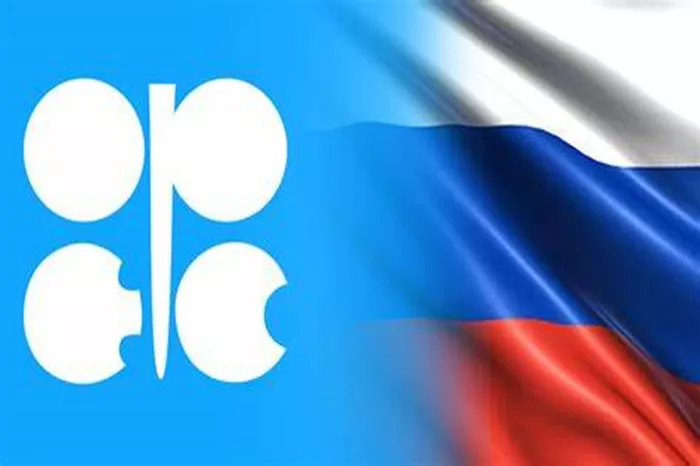The Organization of the Petroleum Exporting Countries (OPEC) and the Russian Federation convened today for the Ninth High-level Meeting of the OPEC-Russia Energy Dialogue. Co-chaired by Alexander Novak, Deputy Prime Minister of Russia, and Haitham Al Ghais, OPEC Secretary General, the meeting marked a significant step in deepening energy cooperation between the two parties.
Novak reaffirmed Russia’s commitment to maintaining its crucial role in the global oil market, emphasizing the country’s reliability as a supplier. He highlighted that OPEC+ members are continuously monitoring market conditions and are prepared to respond swiftly to any shifts in the market. “The current OPEC+ Agreement is the most effective mechanism to optimize oil production and state revenues,” Novak said.
Al Ghais underscored the importance of the partnership between OPEC and Russia, noting the Russian Federation’s leadership within the ‘Declaration of Cooperation’ framework. He praised Russia’s contributions as co-chair of both the OPEC and non-OPEC Ministerial Meetings (ONOMM) and the Joint Ministerial Monitoring Committee (JMMC). Al Ghais also commended the OPEC-Russia Energy Dialogue for serving as a dynamic platform for the exchange of views and knowledge between the two parties.
The discussions at the meeting focused on several critical issues, including the global oil and energy market trends, the outcomes of the recent COP29 climate change negotiations in Baku, and the pressing challenges facing the energy sector such as energy security, underinvestment risks, and the need for market stability to foster global economic growth. The meeting also explored the short-, medium-, and long-term outlooks for the energy markets.
A key highlight of the dialogue was the recognition of the ongoing technical and research collaboration between OPEC and Russia. The meeting acknowledged the success of the Fifth Technical Meeting of the OPEC-Russia Energy Dialogue, which took place virtually on November 15, 2024.
The OPEC-Russia Energy Dialogue continues to be a vital platform for exchanging insights and addressing emerging trends and challenges in the global energy sector. This dialogue, along with OPEC’s broader collaboration with producing and consuming nations, plays a central role in shaping the future of the global oil industry.
Related topic:

